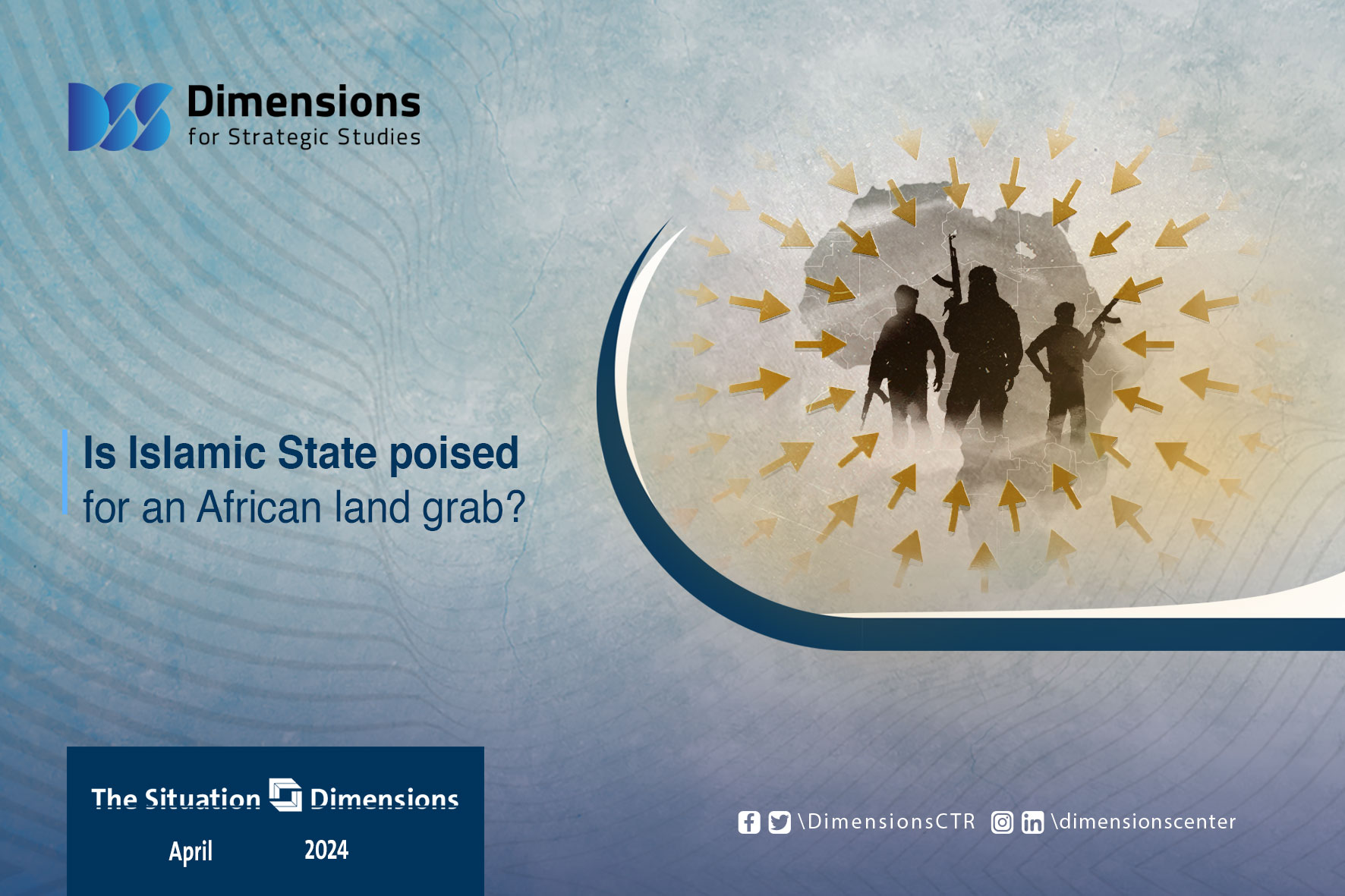
Is Islamic State poised for an African land grab?
2024-04-041994 view
When Iraqi forces ousted the Islamic State group from the city of Mosul in 2017, Baghdad declared victory over the group on Iraqi territory. Two years later, in March 2019, the Syrian Democratic Forces (SDF) announced they had taken control of Baghouz, the jihadists’ last stronghold in Syria.
These crippling losses led many to believe that the group was finished, at least as a force able to control and govern large swathes of territory. Yet IS did not collapse as an organization. Nearly five years after losing the quasi-state it had founded in Syria and Iraq, IS forces in West Africa—Mali in particular—are on the cusp of regaining a large territorial base.
This is evidenced by the expansion of its operations across the region, namely in the Sahel “triangle” countries of Mali, Niger and Burkina Faso.
An analysis of arrest campaigns by African states where IS has a presence demonstrates an escalation in the dismantling of cells that have sought to join or contribute funds to the organization since 2023, and an acceleration in the recruitment of foreign fighters, particularly in Mali.
Although recruitment to the group is still at a very low level compared to the period between 2013 and its lightning 2014 land grab in Syria and Iraq, the mere inflow of fighters into its ranks despite the international coalition’s campaign against it is an indication of that this flow could escalate were the organization to achieve another, similar takeover.
The organization’s ability to step up its operations in Mali, in particular, and the Sahel more generally, stems from its ability to capitalize on the complex situation, the population’s growing antipathy towards Russia’s Wagner militia, and the organization’s messaging towards the towns under its control. IS has both made pledges to protect them and sought to boost trade and artisanal gold production, for which it takes a small cut compared to those imposed by other organizations and by army or Wagner checkpoints.
More broadly across the continent, it is clear that the organization’s growing influence in Somalia and Mozambique will inspire it to seek further to expand its territorial control. It may also resume foreign operations against neighboring countries such as Togo, Benin, Chad, and Guinea, along with other countries adjacent to its areas of activity, and disrupt trade routes and supply chains across the continent.





